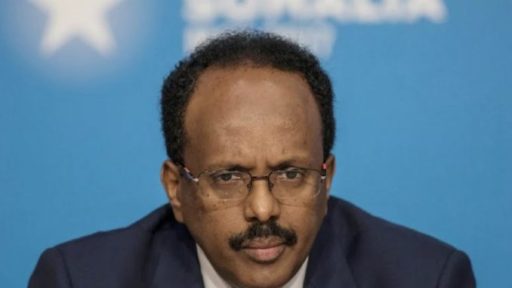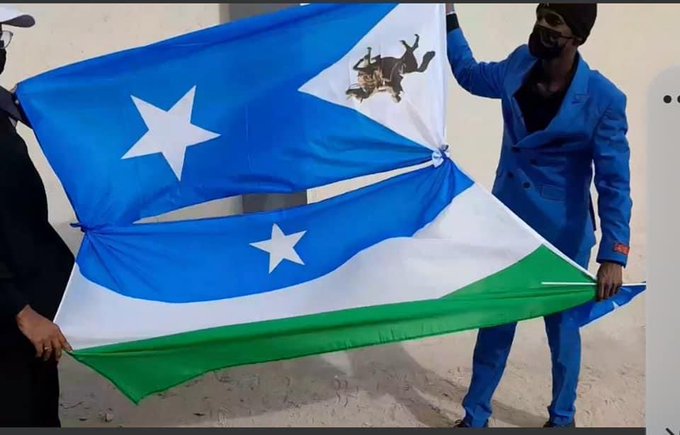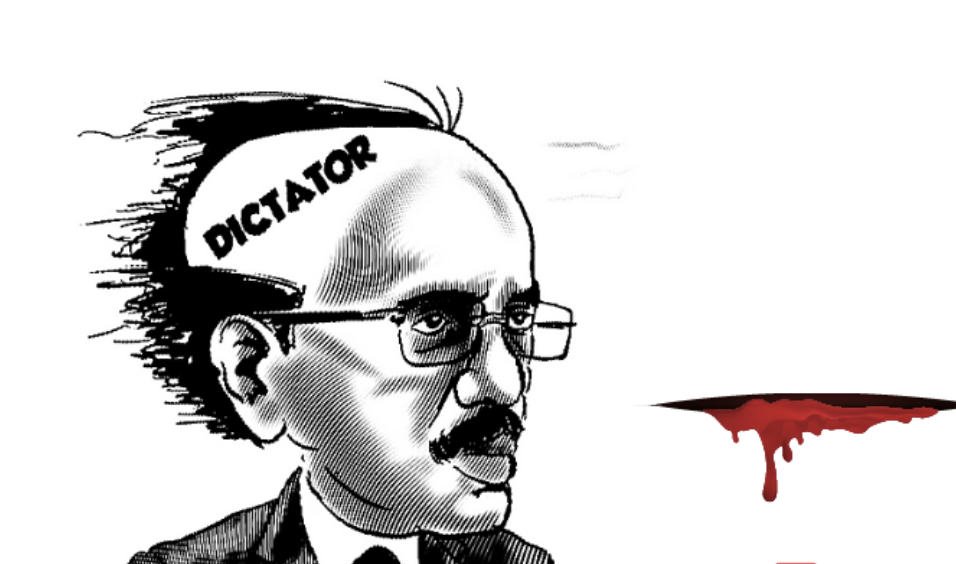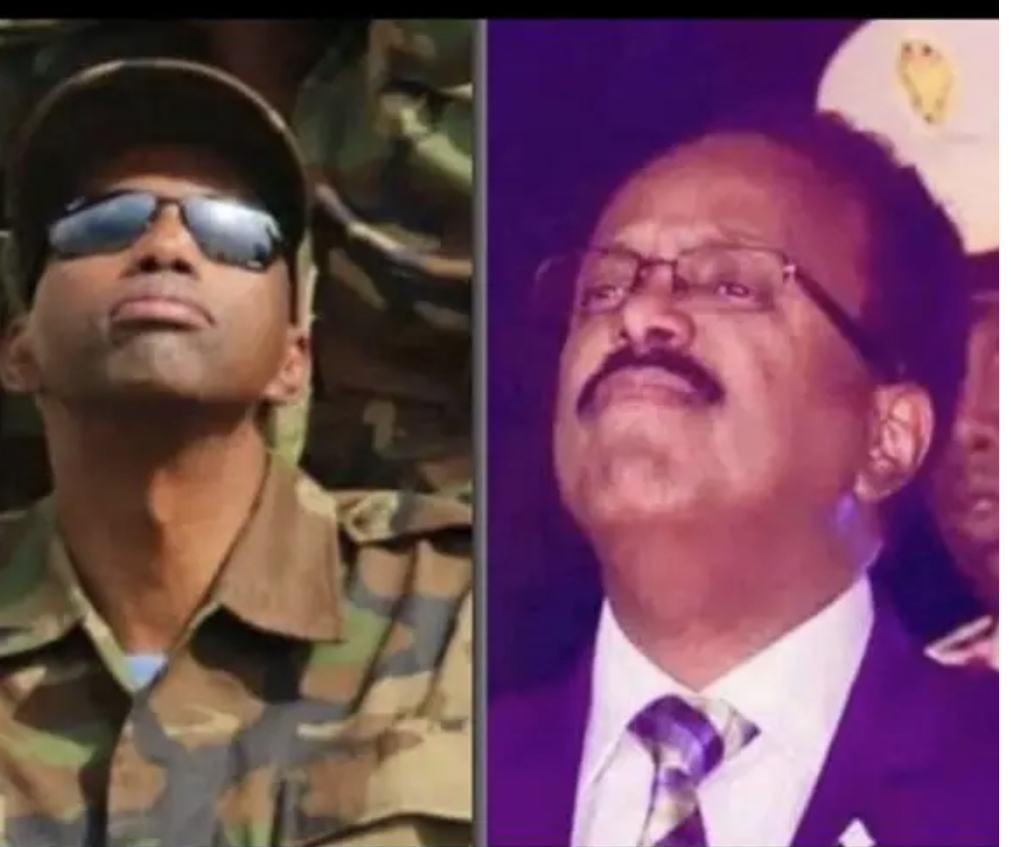Share the post "Somalia’s politicians strike a last-minute deal, but fears of conflict remain high"
In a late-night meeting Thursday, Somalia’s prime minister persuaded opposition leaders to postpone their plan for mass anti-government protests and apologized for violence last Friday targeting candidates running in an election that was meant to take place this month but has been delayed indefinitely….
Somalia is now in a protracted constitutional crisis, with opposition leaders claiming that President Mohamed Abdullahi Mohamed — commonly known by his nickname “Farmajo” — has overstayed his mandate. Tensions spiked last Friday, leading to exchanges of gunfire on the streets of the capital, Mogadishu, and heightening fears that the election dispute could spiral into civil conflict.
Thursday’s meeting did not yield a new date for the election, and Farmajo, who has become an increasingly controversial figure, was not directly involved in the agreement.
While Somalia’s Western backers heralded the deal as a step in the right direction, security officials said the potential for conflict remains high. Security forces are under increasing pressure to take sides amid deepening political.
“As long as there’s no political agreement, we’re in a phase where we have no idea what will happen regarding how the different armed forces will react if there is sudden violence,” said Jihan Abdullahi Hassan, a former senior adviser to Somalia’s defense minister.
Somalia has an array of military units, some of which are professionalized, federally controlled and trained by foreign advisers, while others are more closely aligned with regional governments that have been at odds with the administration in Mogadishu over how elections should be held.
Efforts to bring all armed forces under federal control have succeeded in streamlining payrolls, instituting codes of conduct and restructuring military leadership, but they have not erased underlying divisions within them, Hassan said.
A former top army commander, Mohamed Ali Barise, was more blunt in his assessment, “Farmajo sees the armed forces and intelligence services and even police as a personal instrument to achieve his own ends,” he said. “Since he came to power, he has been trying to install like-minded officers, even his extended family and clan members, in higher-ranking positions. Our hopes are with wise officers who will refuse — but no doubt they will be chased away, fired, isolated, may even risk their life to do that.”




